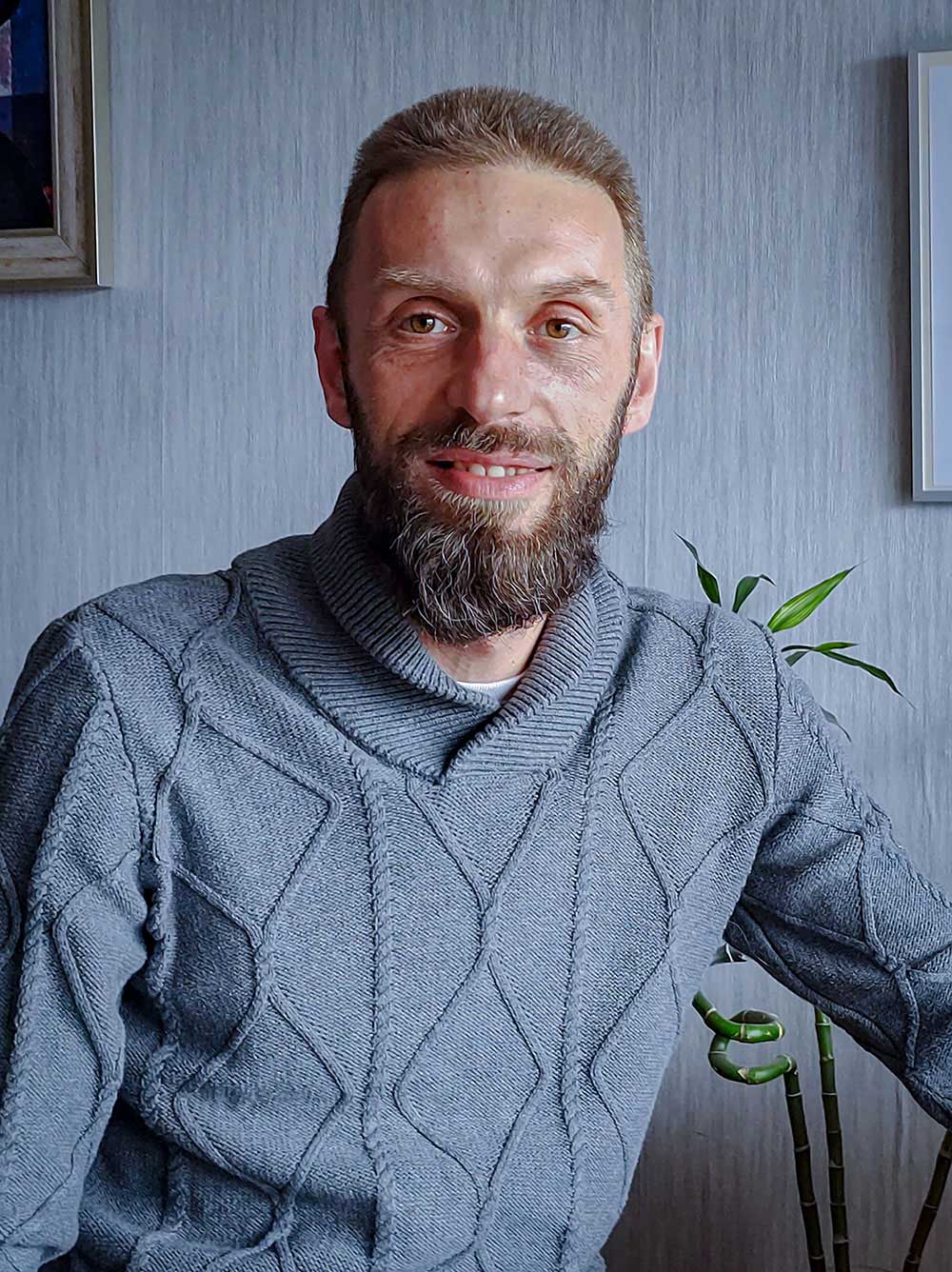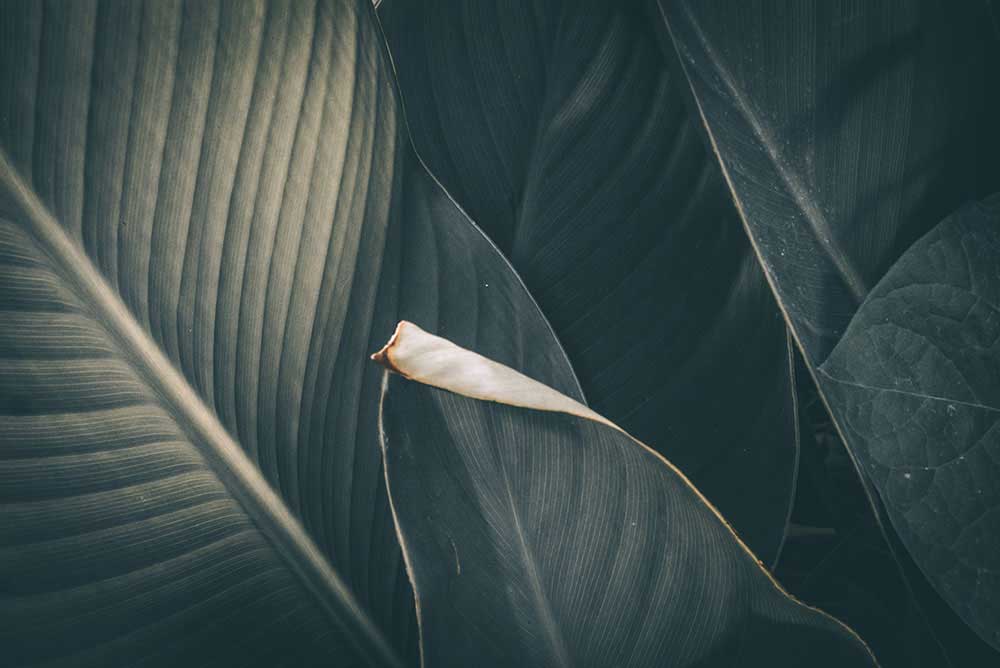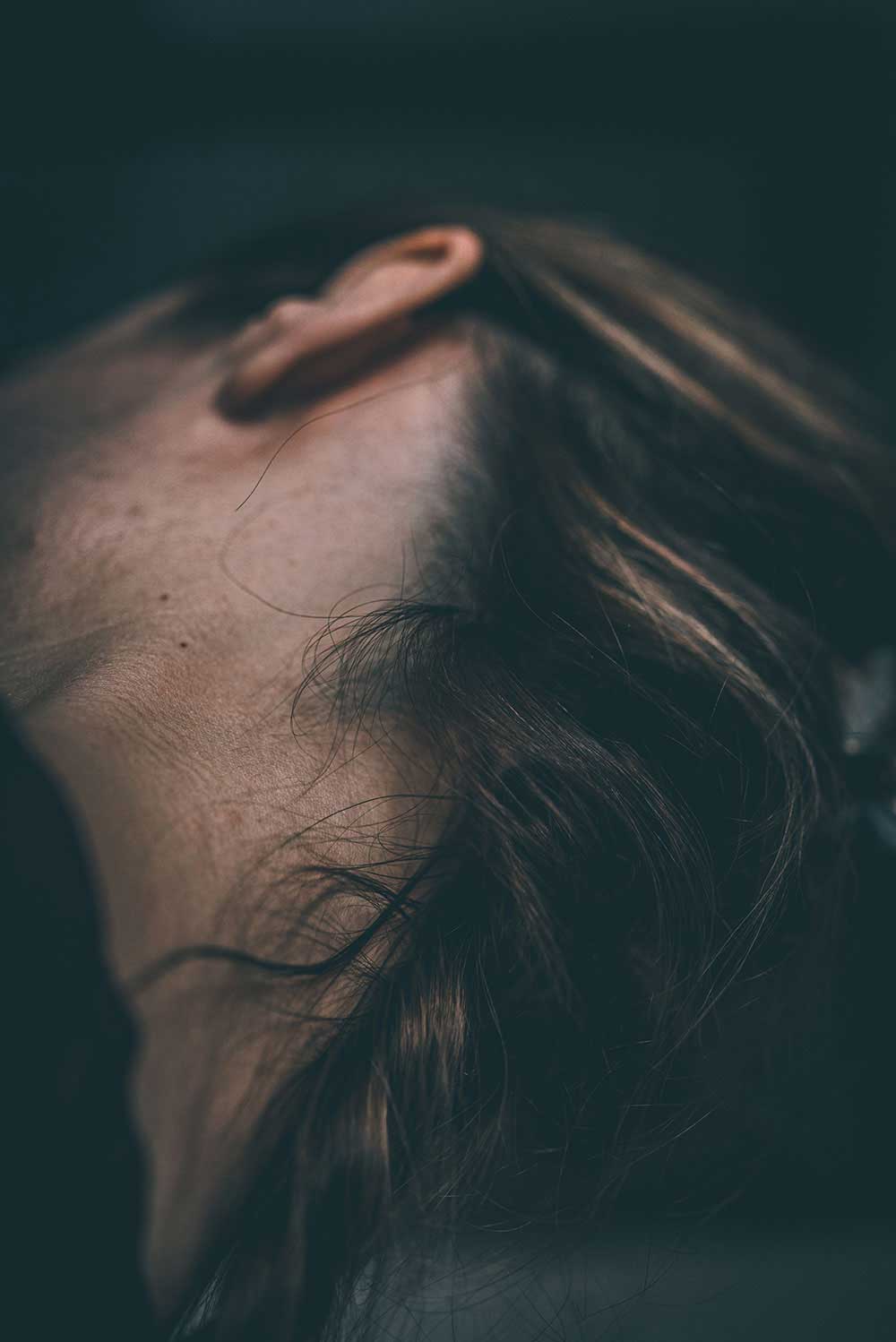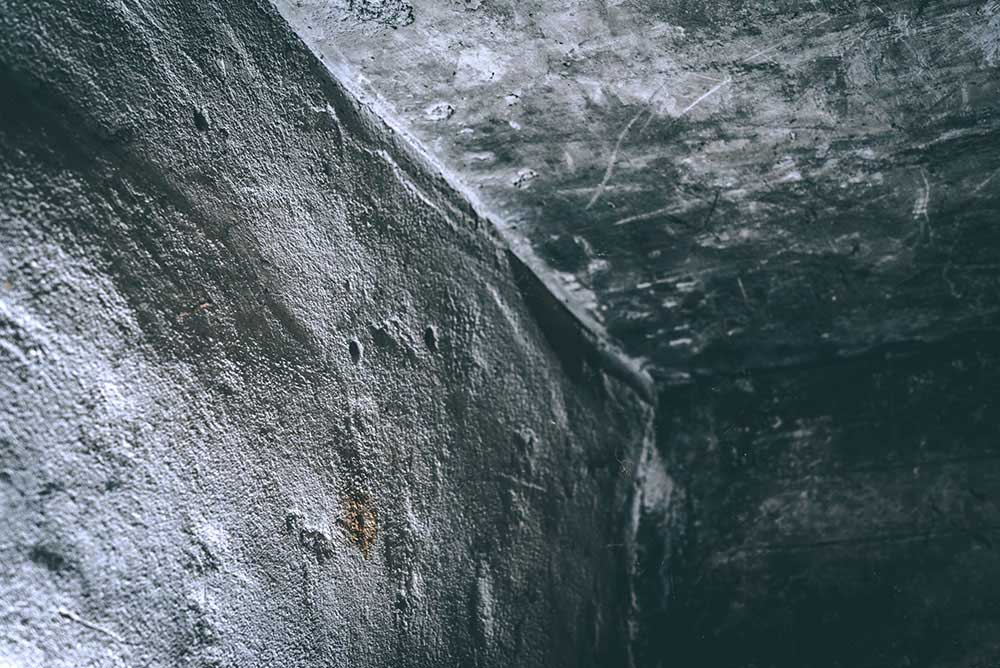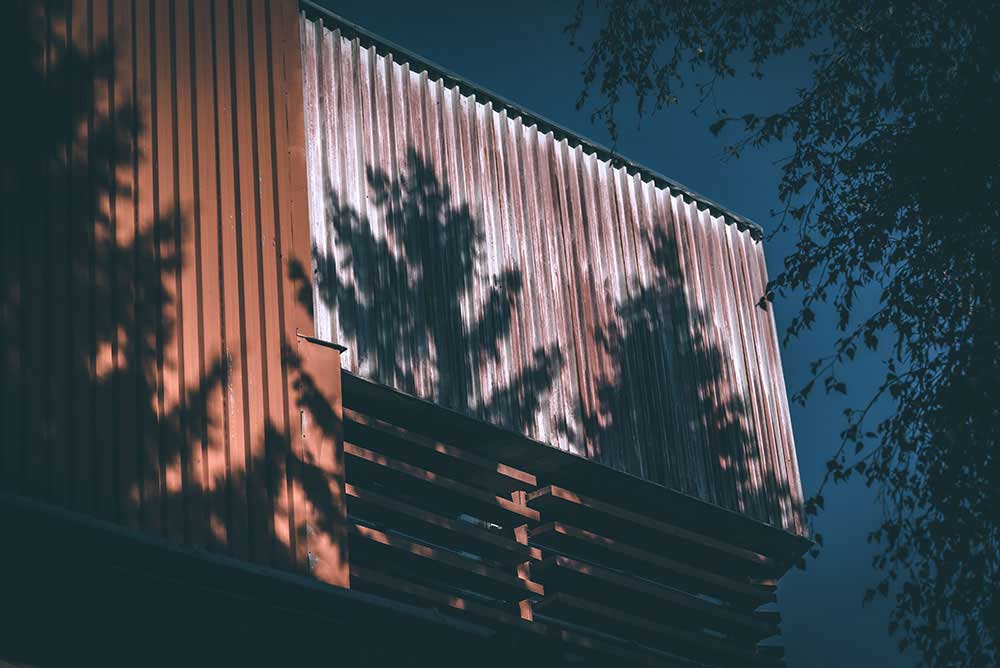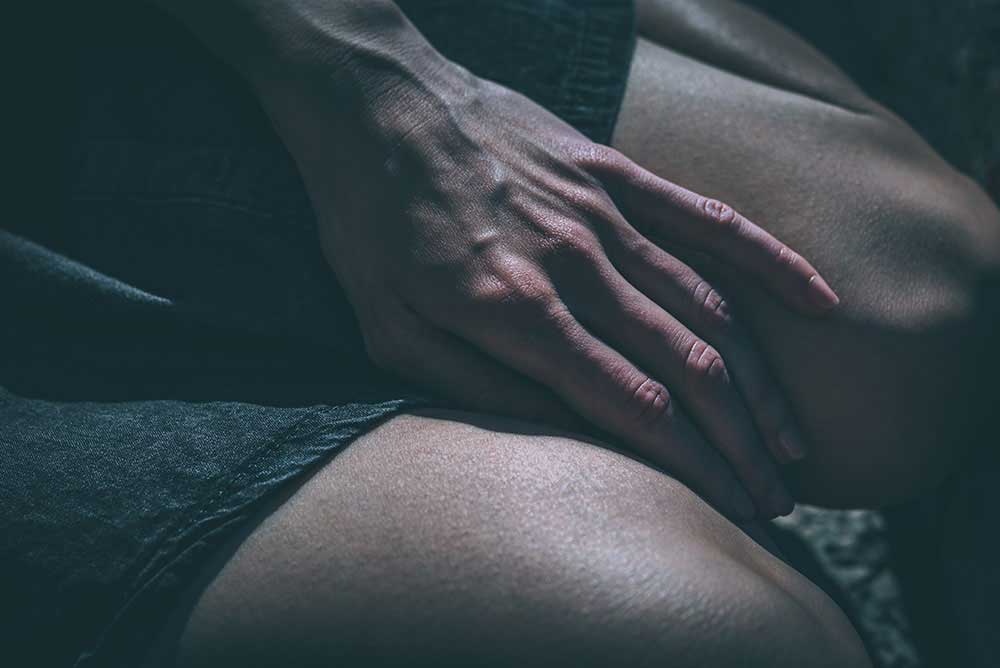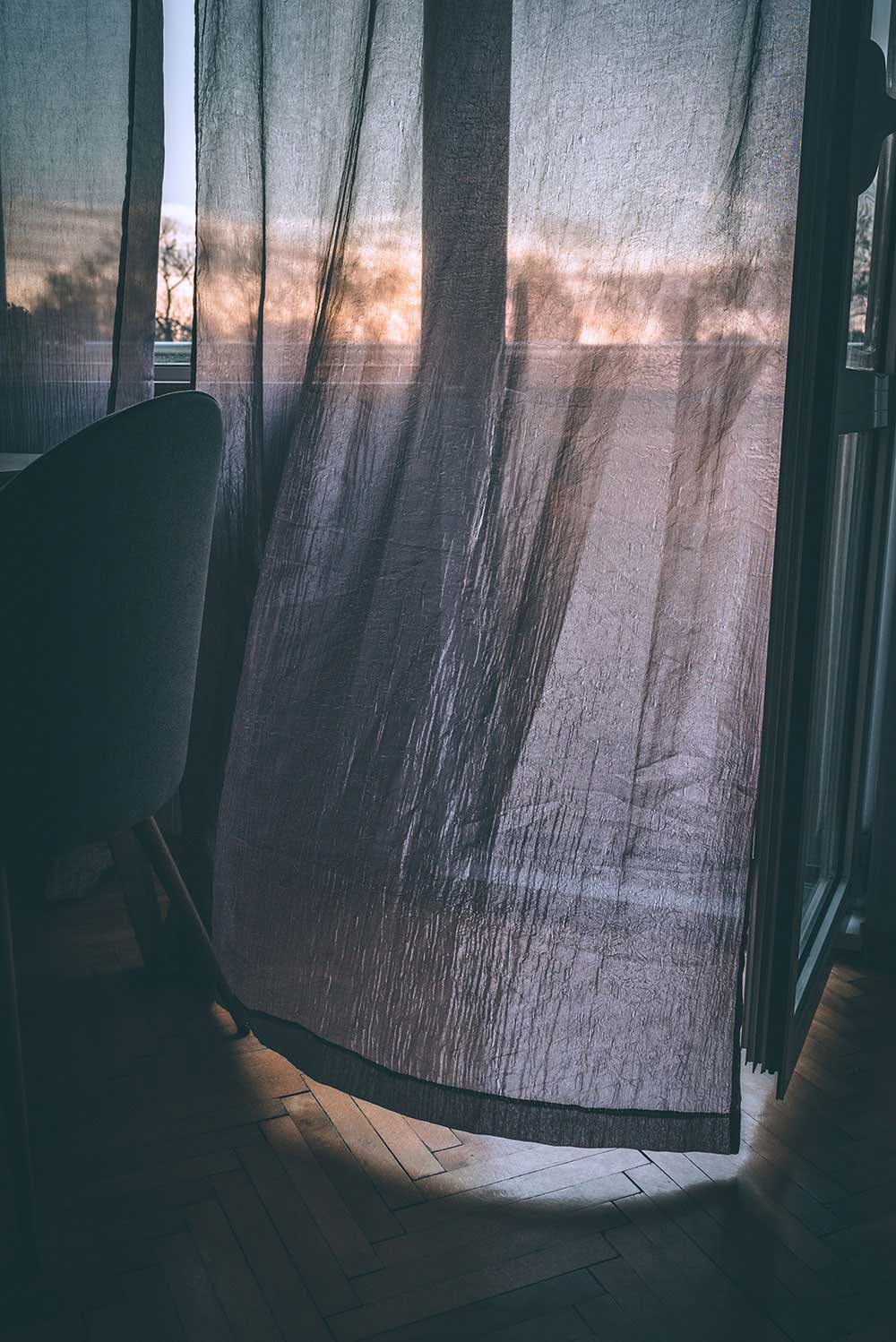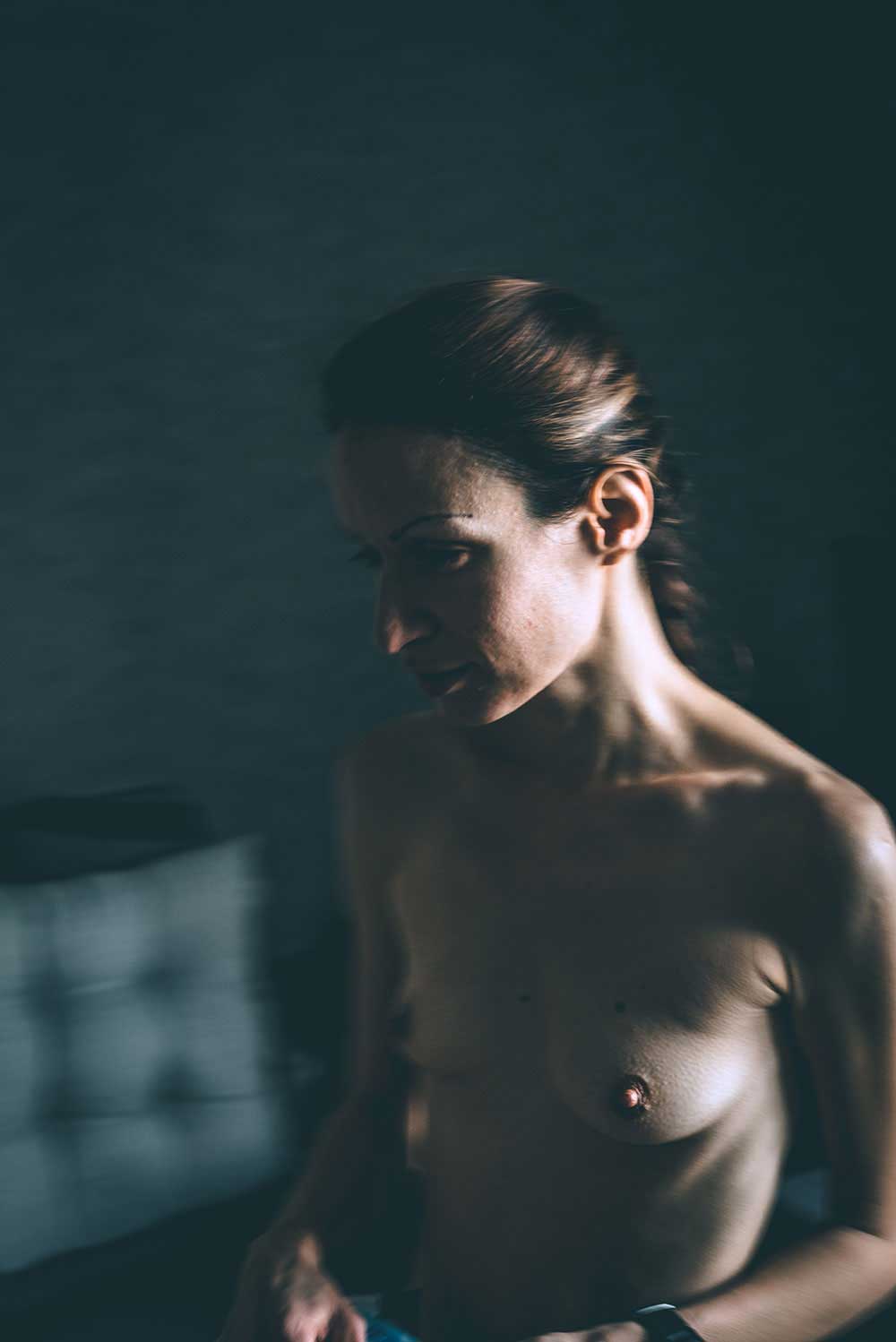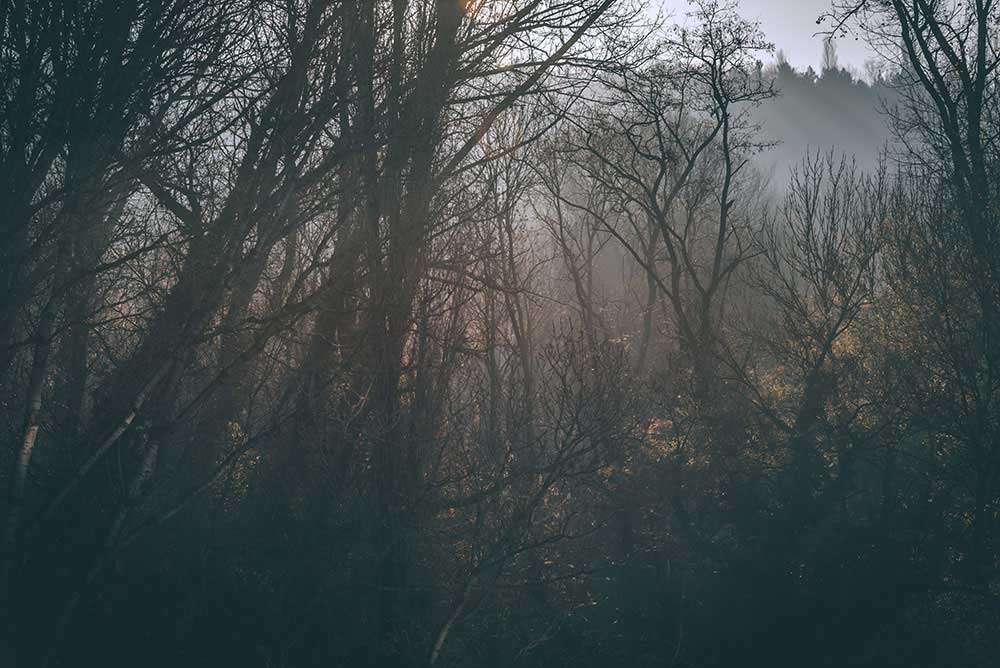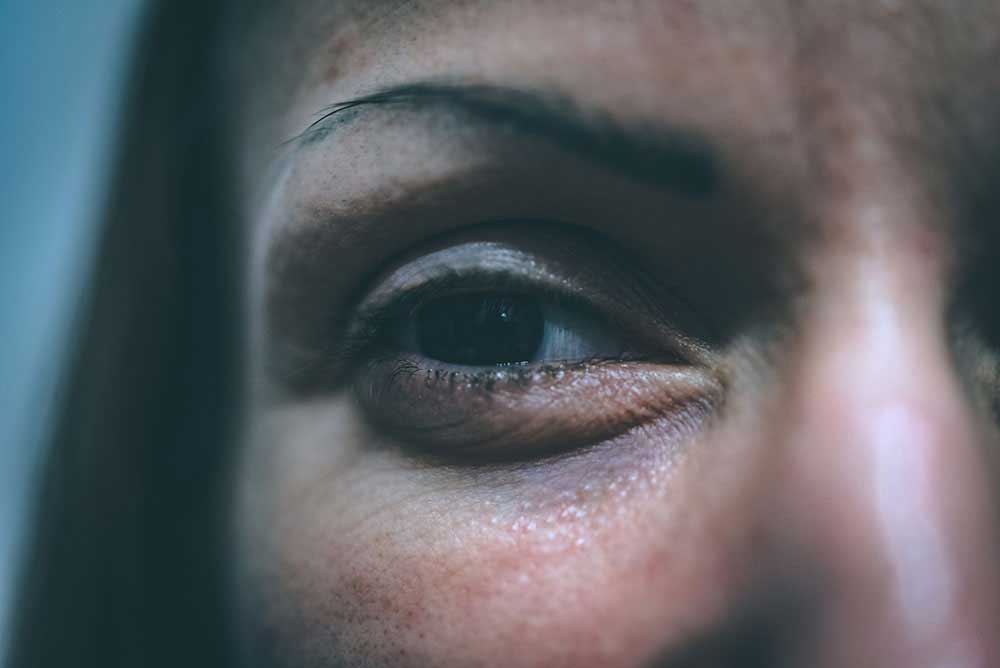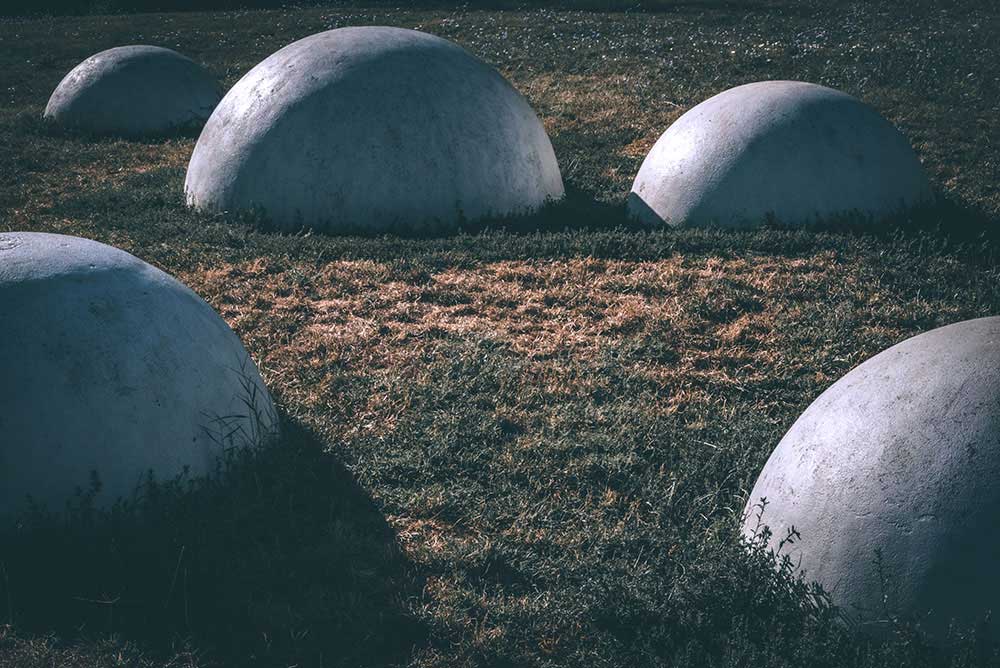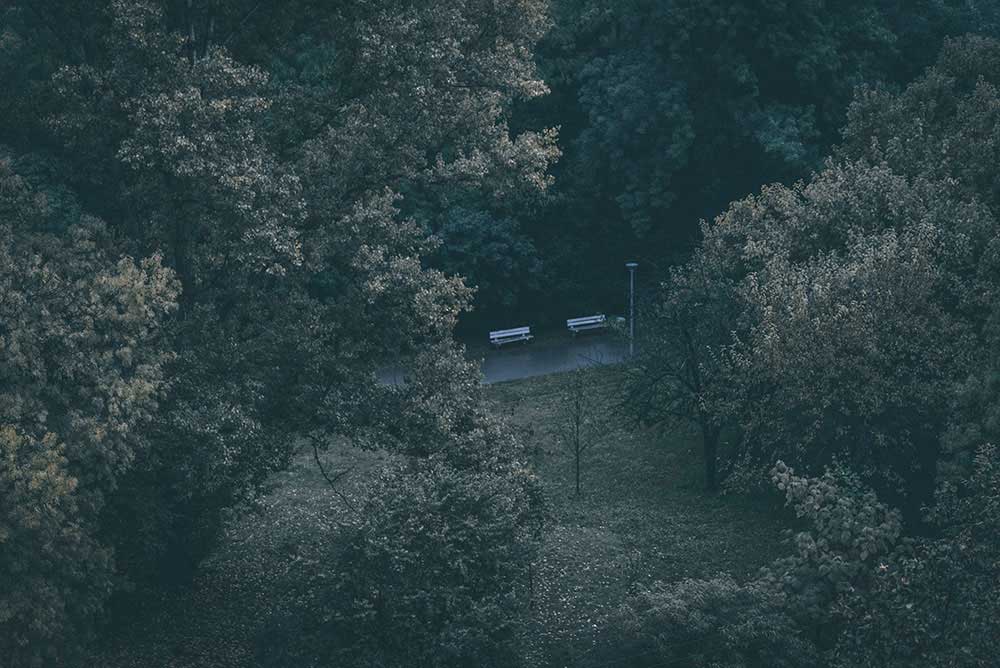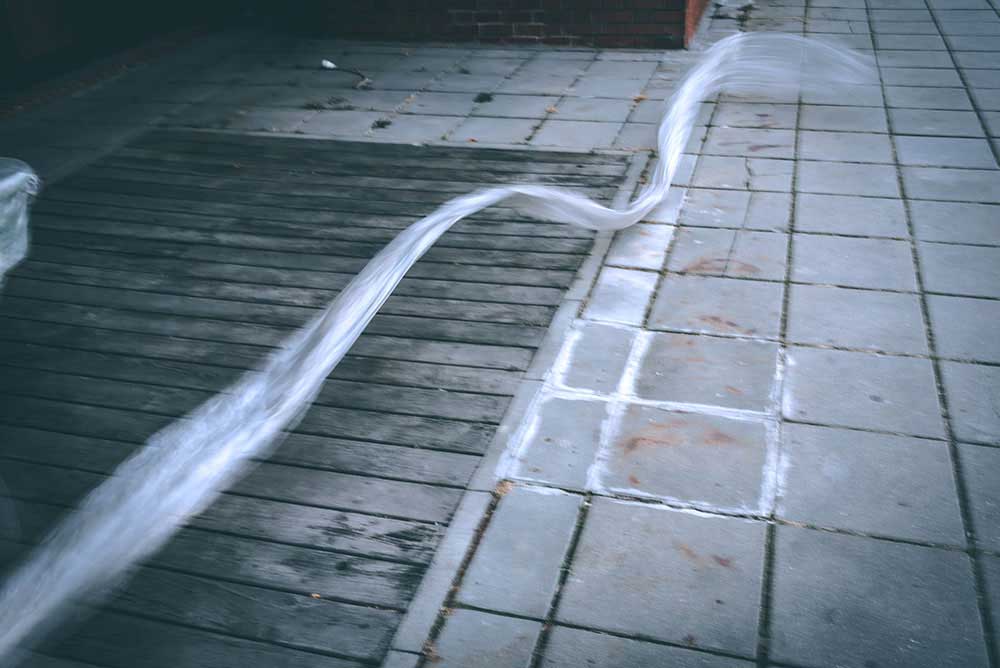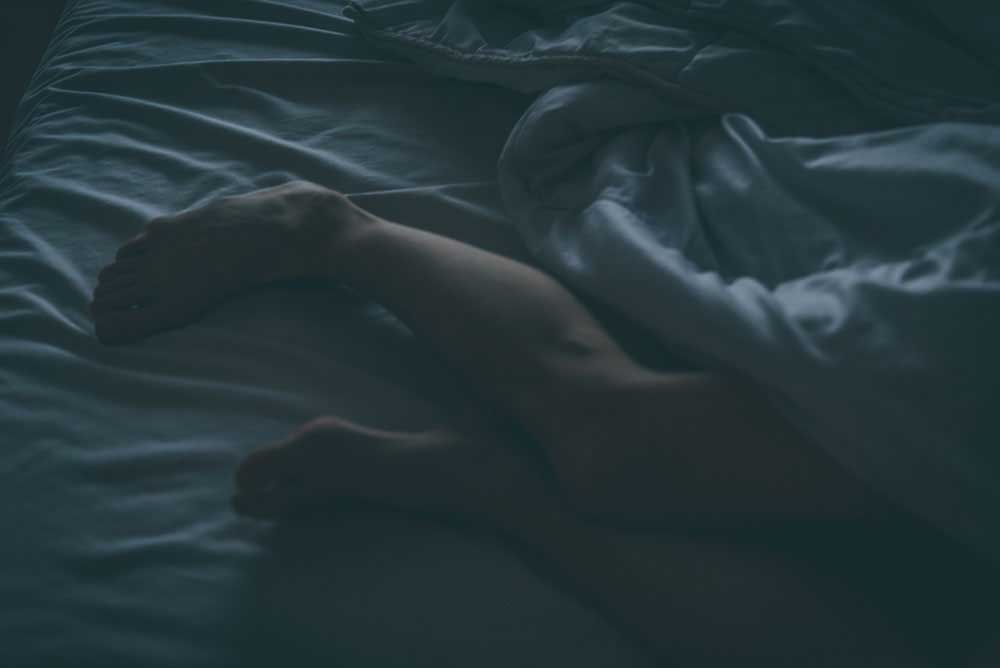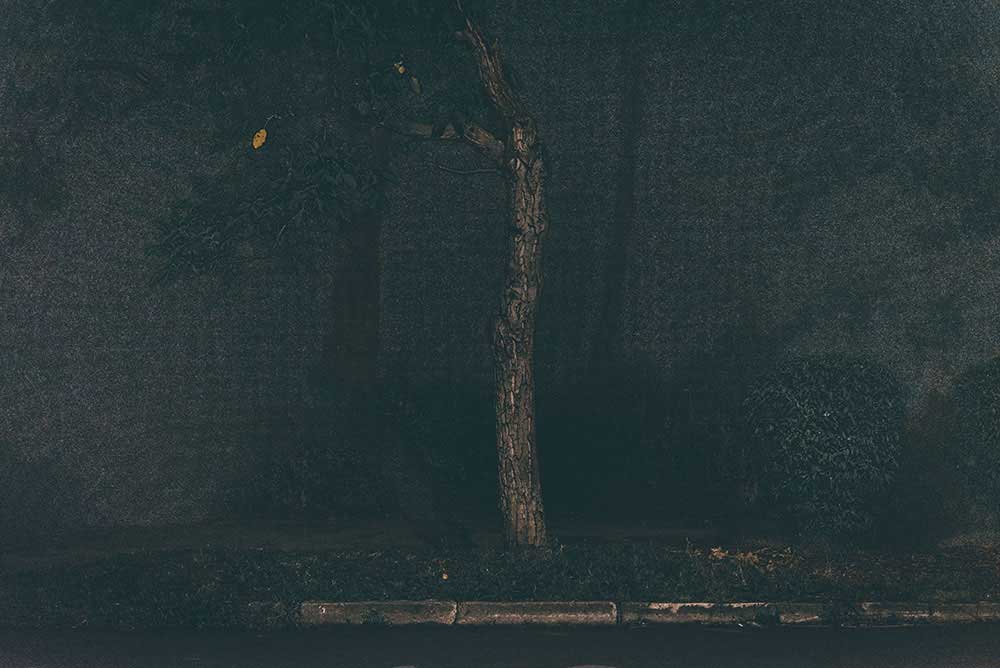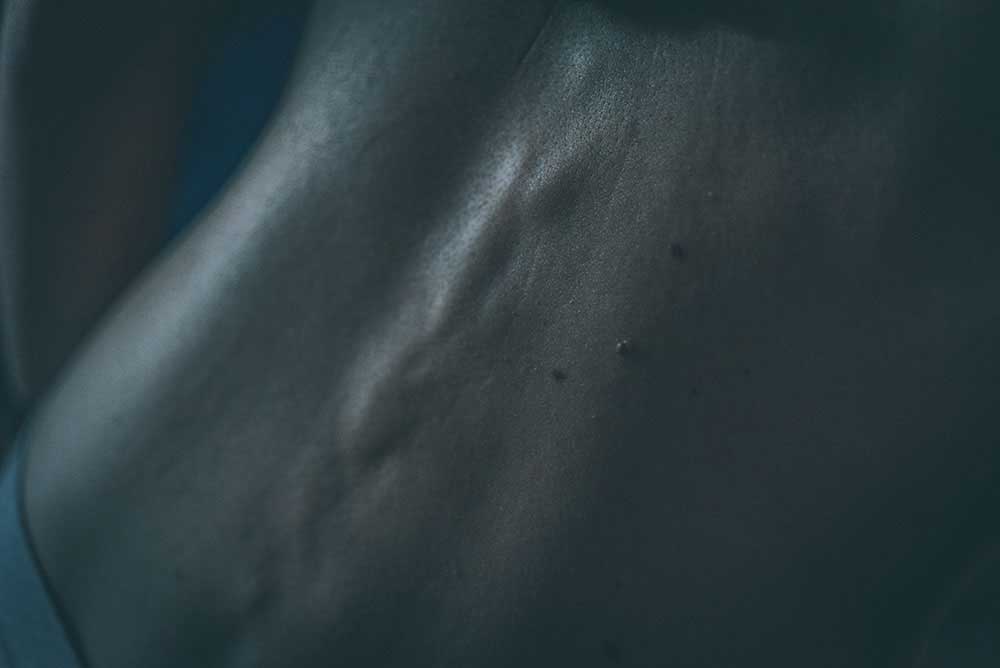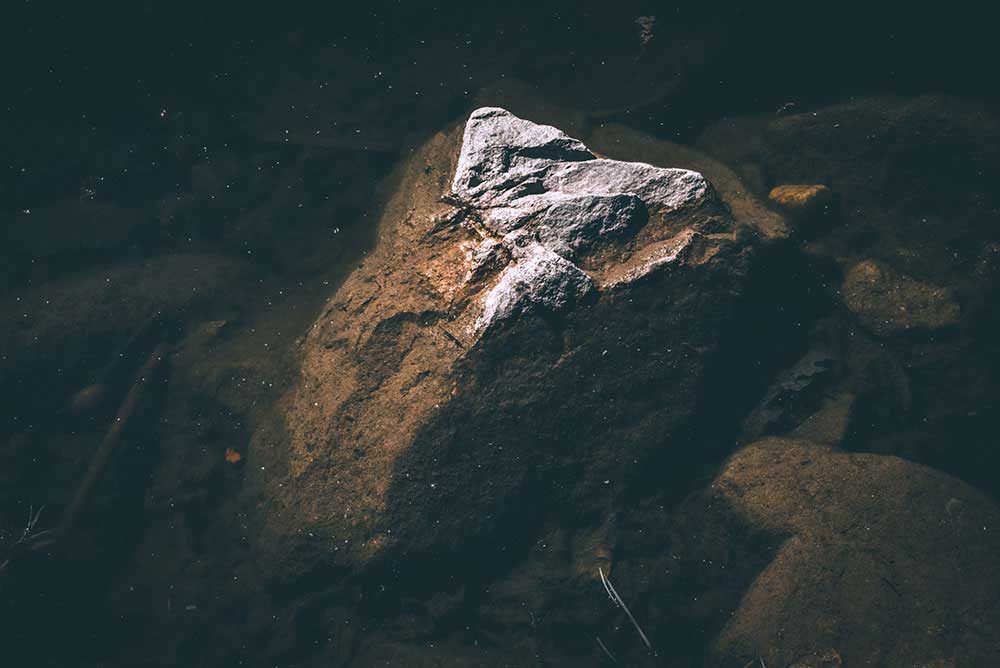I photograph to defy loneliness. For a long time, I thought it was the other way around. I thought that every time I grabbed my camera to work, it put me into a tiny little world of my own, completely separated from everything around me.
I thought of the camera as creating some sort of a magical bubble the envelopes and protects me from all that I see around me. I used to crave and cherish this feeling.
For the camera, being a physical object, it is easy to create this effect. It is almost like a shield between the photographer and the world. No direct communication is possible when you put the camera to your eye, only mediated interaction, and the medium is never innocent. All mediums unlock certain ways of seeing and forebear others; transform our points of view into something they were not; challenge the assumptions of our senses; put what we’ve taken for granted to the test. But no medium can unlock all points of view or make us omnipotent in the way of seeing the world.
I thought that the end of the camera denotes the end of my world and creates a cozy corner just for myself. A privileged vantage point for calm observation of the hustle and bustle around me. I’d go on the street and walk around in this bubble of mine, feeling blissfully detached from any and all people and events. I know they are there. I photograph them. I talk to them. But I’m free from danger in the little world behind the camera that they cannot enter. I am safe.
Books do the same for me. I’ve been an avid reader for as long as I can remember. I treasure the solitude reading both presupposes and delivers. Books, like cameras, are physical objects. It might seem like an obvious thing to say, yet for all its obviousness, it took me decades to realize it. Physical objects, cameras and books for instance, are extensions of ourselves. Tools for us to operate in the world. But they are also boundaries. Shields. Put a book in front of your face, and you can no longer see the world. Put a camera to your eye and the way you see it is altered. We are safe.
It was a book, and a business one at that, that got me thinking of books and cameras as objects that we hide behind: Brené Brown’s “Dare to Lead”. If there is one word that summarizes the essence of the book for me, it is this:
Vulnerability.
A somewhat abstract word, defined in the dictionary as being in a position the quality or state of being exposed to the possibility of being attacked or harmed, either physically or emotionally. I don’t know why, but the word had always brought to my mind images of nakedness. Not others being naked, that is. It is myself being naked, exposed in front of others, dissolved into the world that I see in my mind’s eye when I repeat the word.
Vulnerability. Seems like a bad thing to happen to you. There is a certain disease-like quality in the way it sounds. Almost like bronchitis, or an allergy. “You have developed a vulnerability.”, says the doctor with conviction and a tinge of empathy. “What now?”, I wonder. How much time do I have left? “Is it treatable?”, I ask.
Unfortunately, vulnerability is treatable. I used to treat it every day and with great success; in fact, I still do. You see, it’s easy to live with vulnerability, as long as you don’t show it to people. Being exposed “to the possibility of being attacked or harmed, either physically or emotionally.” is what makes vulnerability’s symptoms acute. No exposure, no vulnerability; voila!
I now think otherwise. I think we have the responsibility, even the opportunity, to live with vulnerability, not to avoid it. Everything in the world can potentially cause us harm, physical or emotional. We are fragile beings; indeed, the whole of life is fragile. Entropy is the ultimate law of the universe, not order. The nature of things is such that chaos rules; it is by acting on this chaos that life comes to being. Openness. Exposure. Not being ashamed or afraid. Trust. This is what being vulnerable is about.
I used to think that I photograph to be alone, to be on my own in my tiny little world. What I now think is that I’ve always photographed in an attempt to defy loneliness.
Loneliness has quickly become one of the defining characteristics of modern societies, and a fatal one at that. Research shows that “…social isolation has an impact on health comparable to the effect of high blood pressure, lack of exercise, obesity, or smoking.” (1)
Loneliness kills.
Loneliness kills millions. The same researchers discovered that at any given point, twenty percent of the people feel lonely to an extend that it is a source of major unhappiness in their lives. And it is not about merely being with others or about experiencing cozy solitary moments of quiet contemplation.
Loneliness is the always subjective feeling of being disconnected from the world around you. The world doesn’t see you anymore, and you don’t see the world. Where there was a mirror reflecting your self back to you, there’s nothing. Emptiness and irrelevance. Isolation.
I photograph to defy loneliness.
I take photos of people running in the park because I see myself in them. I photograph people with disabilities, as I want to remind myself I’m not the only imperfect human being. I photograph leaves, and broken windows, and curtains in the wind, and my lover’s lips, and steps in the snow, and discarded building materials, because I find myself in them.
They remind me of you, of me, of all the people that have lived and will ever live. I photograph in an attempt to convince myself that you are I are not alone.
(1) Cacioppo, John T.; Patrick, William. Loneliness: Human Nature and the Need for Social Connection . W. W. Norton & Company. Kindle Edition
About Ivaylo Yorgov
